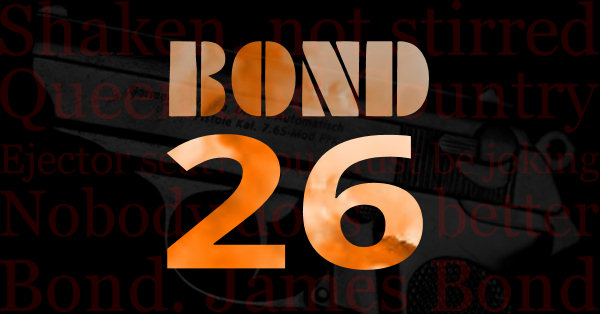While Ian Fleming had seen the big screen potential for James Bond early on, his efforts to make a 007 film were ultimately thwarted, despite putting in considerable time and effort into the project. In this article to commemorate the fiftieth anniversary of the release of Dr No this week we take a look at the life of Harry Saltzman, who, when he bought an option on the film rights in 1961 took one step closer to putting 007 on the big screen.
Harry Saltzman was born in Quebec in 1915 and after running away from home at the age of 15 eventually joined a circus with which he travelled for several years. At the start of the Second World War he was posted to France with the Canadian Army and there is some suggestion that while there he was involved in intelligence work.
After the war Saltzman migrated to Paris where he began working as a talent scout and soon developed a reputation for being the go-to talent scout when productions had casting problems for stage and screen. Although this did not make him immediately successful, it helped in building the framework for his production as he began producing stage productions. It was during his time in Paris that he met a Romanian refugee, Jaquie, whom he would later marry.
By the mid fifties, with an established reputation and a impressive number of contacts to call upon, Saltzman moved to the Britain where he co-founded Woodfall Film Productions (with Tony Richardson and John Osborne). The company handled both stage and film productions with more emphasis on the latter as time went by. After a number of critically acclaimed movies, he began searching around for more profitable stories and scripts, until he came across Ian Fleming’s novel, Goldfinger.
Wanting to shoot a movie based around the character of James Bond, Saltzman bought a six-month option on the film rights in 1961. However, running out of time after failing to raise funds he was introduced him to Cubby Broccoli who wanted to buy the film rights himself. Instead they joined forces and formed Eon Productions as the vehicle for producing the movies, and later Danjaq, the parent of Eon and trademark holder to the films; after being rejected by Columbia they got the go ahead from United Artists to make six James Bond films.
Initially planning on bringing Thunderball to the screen, a legal dispute over the book meant that they instead chose Dr No, which was premiered in London on 5th October 1962 and proved to be the box office dynamite that Saltzman had been seeking. The movie was quickly followed From Russia With Love, Goldfinger and (with Kevin McClory) Thunderball, with a new film each year until 1965, after which, with You Only Live Twice, they moved to a two-year schedule (which, with one exception, remained until 1989).
However, while Broccoli concentrated all his energy on the James Bond films, Saltzman made other films, such as the Harry Palmer movies staring Michael Caine and The Battle of Britain. This created some friction because, while some Saltzman’s non-Bond films were successful, Broccoli considered them to be an unnecessary diversion.
Saltzman remained with Eon Productions until The Man With The Golden Gun (1974), Roger Moore’s second Bond film, but financial problems forced him to sell his fifty percent stake in Danjaq. Initially he made a deal with Swiss banking giant UBS, which believed they were buying Danjaq in its entirety. Broccoli, understandably upset, successfully sued to prevent the sale; United Artists picked up Saltzman’s stake in Danjaq instead.
Suffering from depression following the death of his wife from cancer, Saltzman sold his UK properties and settled in Florida. From then on Saltzman would only be involved in two more movies, Ninjisky (1980) and Time of the Gypsies (1988). On 28th September 1994, Saltzman died at the American Hospital in Paris, after suffering a heart attack. He was 78.










